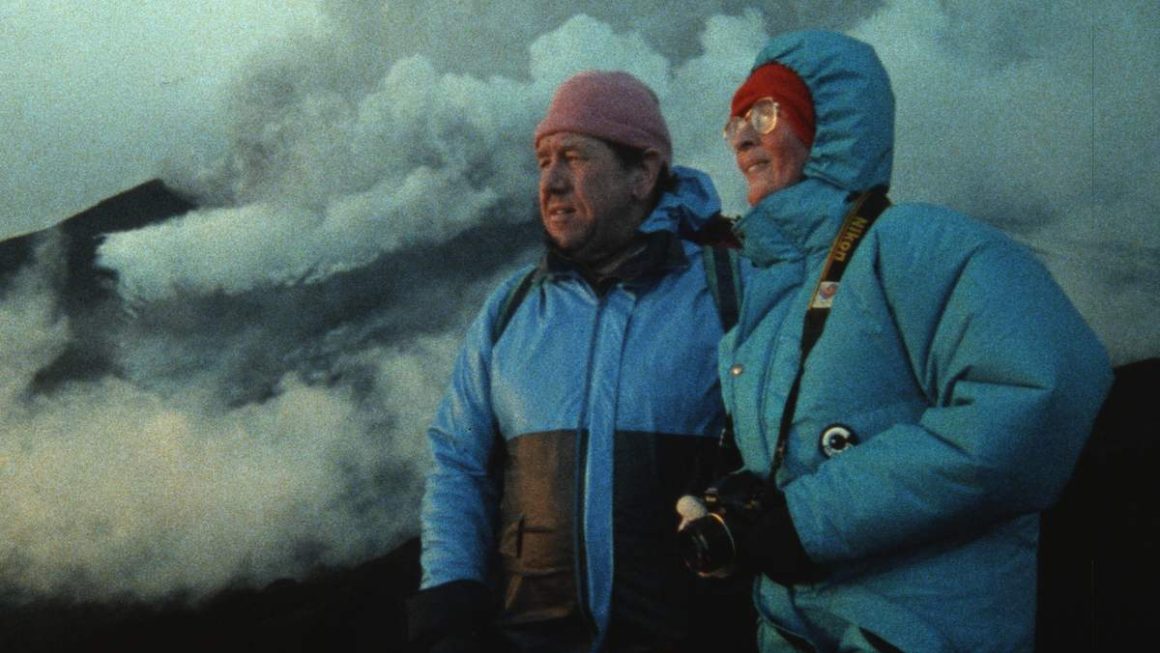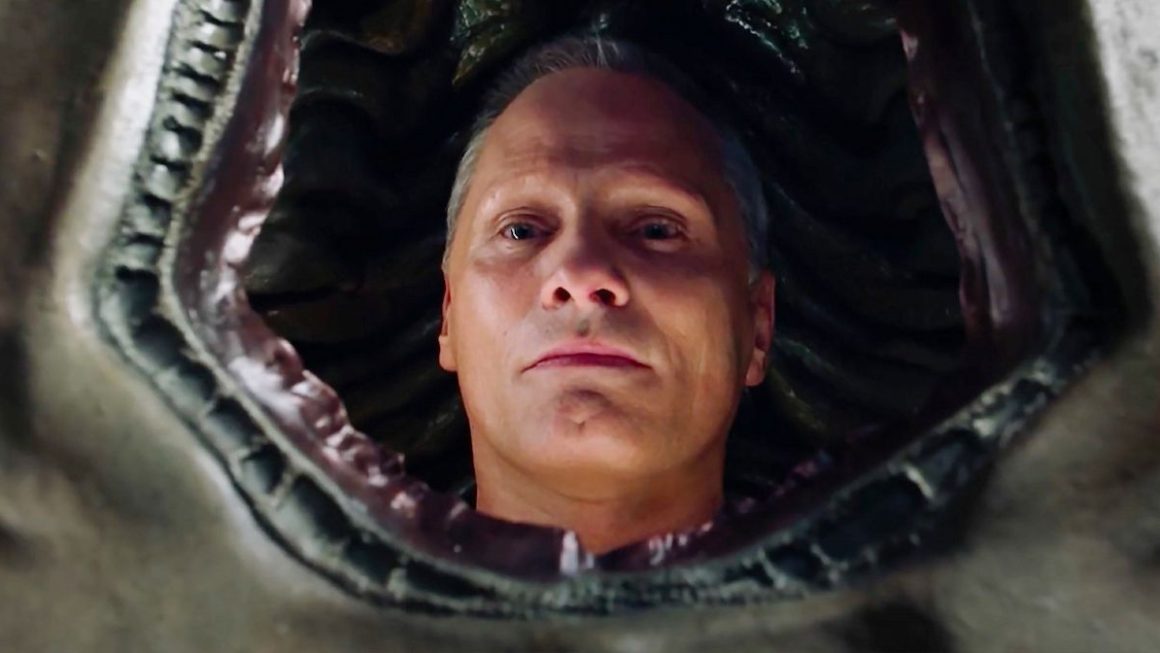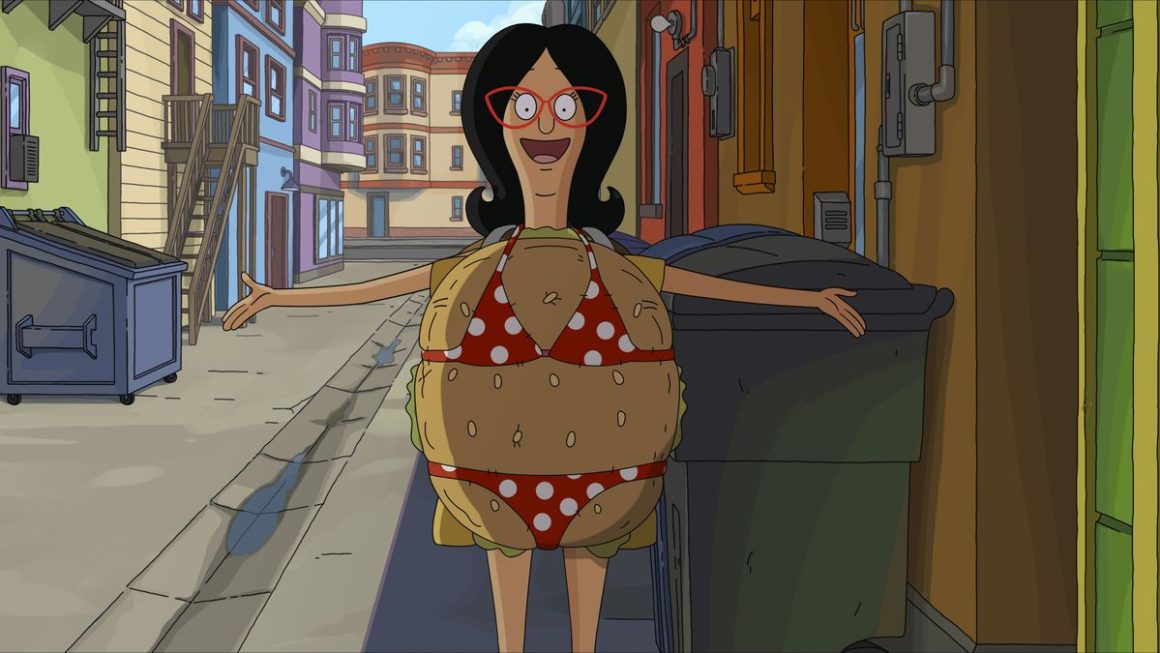Satirical History
Vice, Adam Mckay’s follow up to The Big Short is a portrait of a man who wielded great power, and made groundbreaking change in American politics that continues to reverberate out from his stake in history to this very day.
We’re still living with it.
The implications of this satirized version of Dick Cheney’s (Christian Bale) life and career are that of a power hungry man, who would go to great lengths to do what he wanted, when he wanted, and get away with it.
So, that meant expanding a war into Iraq under the guise of defending American values against terrorism, allowing the government to give Enron, his former employer, uncontested military contracts, and to open up land in Iraq for reserves exploitation by oil companies.
This film makes Bush (Sam Rockwell) out to be the naïve kid all of the politicians in power at the time believed he was.
Vice resolutely puts Cheney in the seat of power, making decisions in the situation room without the president, killing any suspicion about his military dealings, finessing torture, putting innocent people in the line of fire to kill other innocent people, and lining his pockets in the process.
It’s truth is sickening really, and Vice tells the story with a bit of irreverence, glamorizing the situation, giving the time, the people, and their decisions a shot of adrenaline.
This movie moves fast, and with great wit.
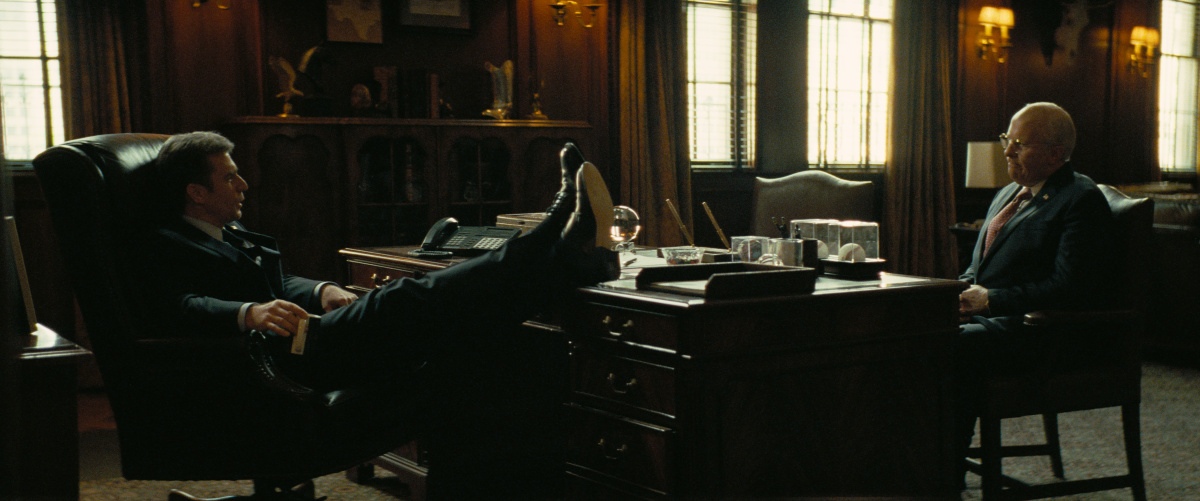
Heartless – Literally and Metaphorically
Cheney is known for his repeated heart attacks, so the image of his black lifeless heart in a pan beside the operating table should be of no surprise.
McKay’s master stroke comes when he cuts to a slowly pushed-in overhead shot of Cheney on the operating table, mid-surgery, the cavern of his chest exposed and empty, where a heart should be, intercut with the violence of battle, the death of innocence, and war-for-profit nonsense.
Without any dialogue, the imagery stands on its own, implying that the man is heartless.
That wouldn’ve been enough on it’s own – add to it that the man who died and lost his heart to Cheney, was the narrator, and a veteran. Someone who saw first hand the treachery carried out at Dick Cheney’s will, died and gave Cheney his “new heart.”
The interplay of symbolism and direct criticism of the man himself solely through imagery is a supremely breathtaking piece of filmmaking.
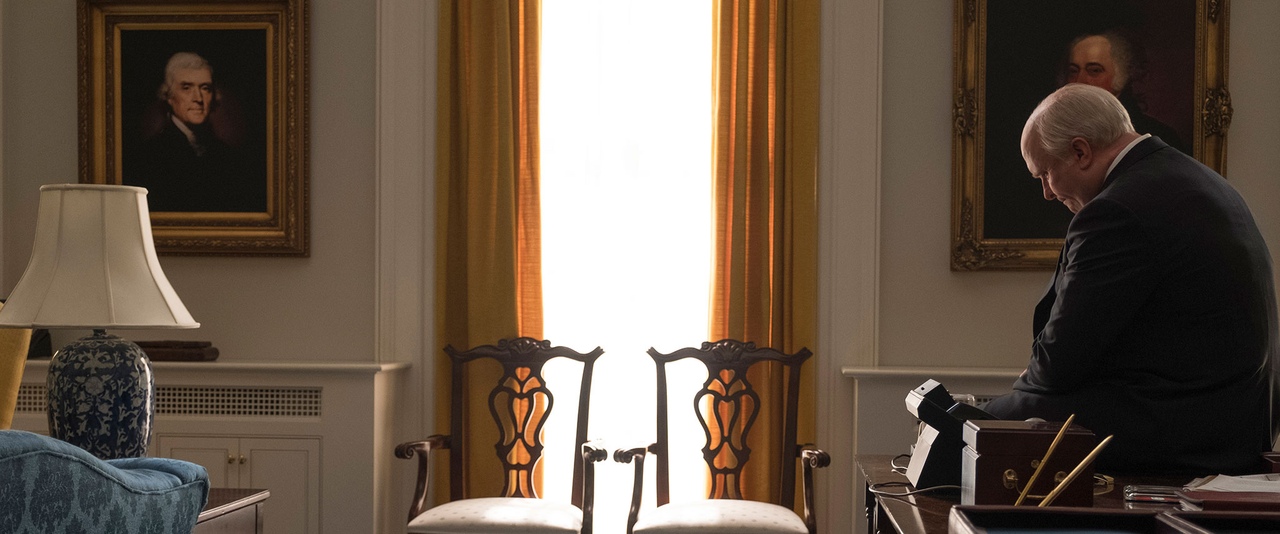
Busting Through the Fourth Wall
As expected, McKay remains reliant on his quick paced, humor infused, sort-of-biopic, stride. Including a number of 4th wall busting moments that address the audience directly and get us in on the politics, the jokes, and just how messed up it all was.
There are two instances in particular that really caught my attention.
When Dick and Lynne (Amy Adams) break out into Shakespearian verse, I can’t stop laughing. The narrator informs us that we can’t possibly know what they were thinking or saying to each other in the moments leading to Dick’s vice presidency, so McKay postulates, and he theorizes about what they said rather elegantly – with the help of Shakespear.
There is then the moment when the family’s out on the lawn, enjoying a beautiful sunny day, and the credits roll, mid-film. In a bid for fantasy – a tribute almost to all of the pain that could’ve been avoided if he’d just listened to his wife and said “no” to Bush’s job offer.
And yet, the laughter dies down, the credits finish rolling, and the movie continues on, marching forth in indignance to pursue what actually happened when Cheney decided to take that bid.
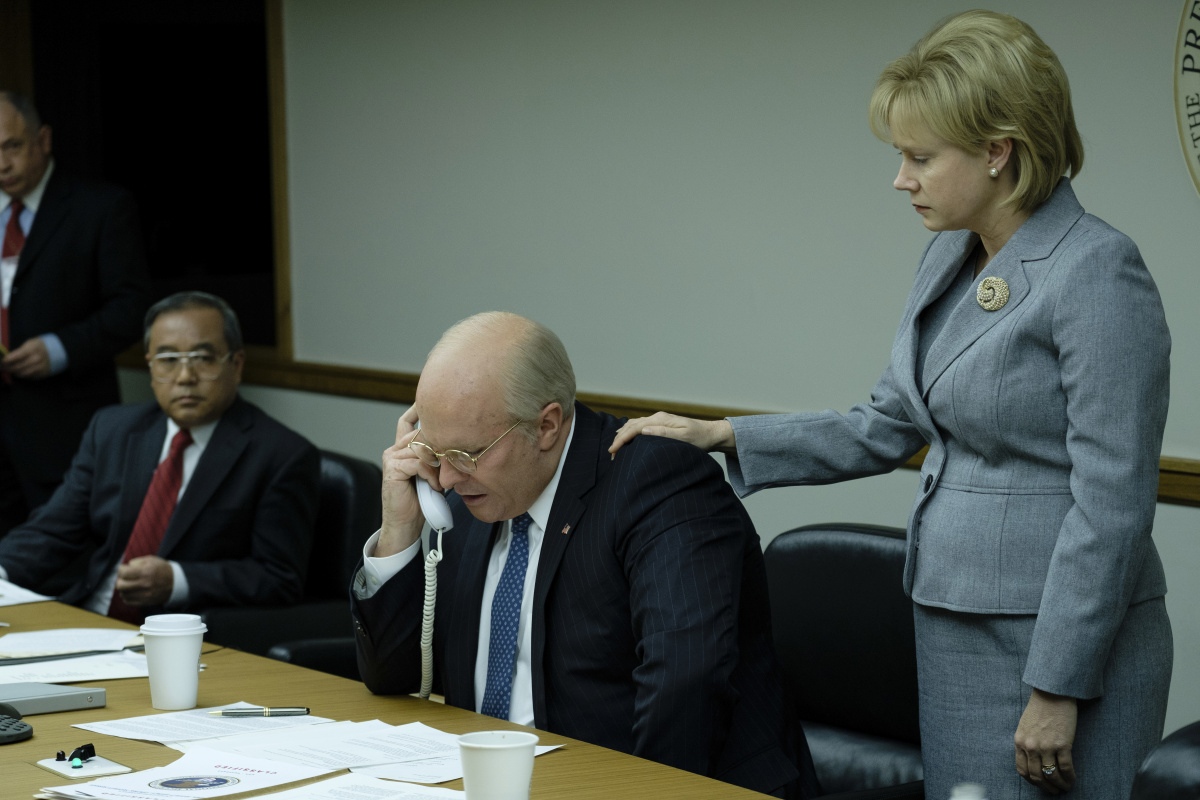
Left With a Question
In the final scene, Cheney sits down for an interview, and is asked a question. He answers it by turning to look into the lens, right at us, and asking a question.
My smugness begins to deteriorate as he speaks, Cheney and therefore the film posing a rather difficult question to swallow and to answer.
Would we have had the guts to do what he did to keep America safe?
How can a perceived evil-doer, profiteering, power hungry politician make so much sense in the very last scene of the film? When all evidence points against him? This final question is conflicting, it’s distressing, and I’m not sure there is a clear answer.
It’s certainly an appeal to the American sensibility. The idea that our safety as Americans is paramount to the lives and safety of the innocent people in Iraq or anywhere for that matter.
It’s too frightening, too uncomfortable, and too ugly an idea, most likely because it’s the truth.
Vice
Writer/Director: Adam McKay
Stars: Christian Bale, Amy Adams, Steve Carell
Images courtesy of Mirror Releasing/United Artists Releasing


